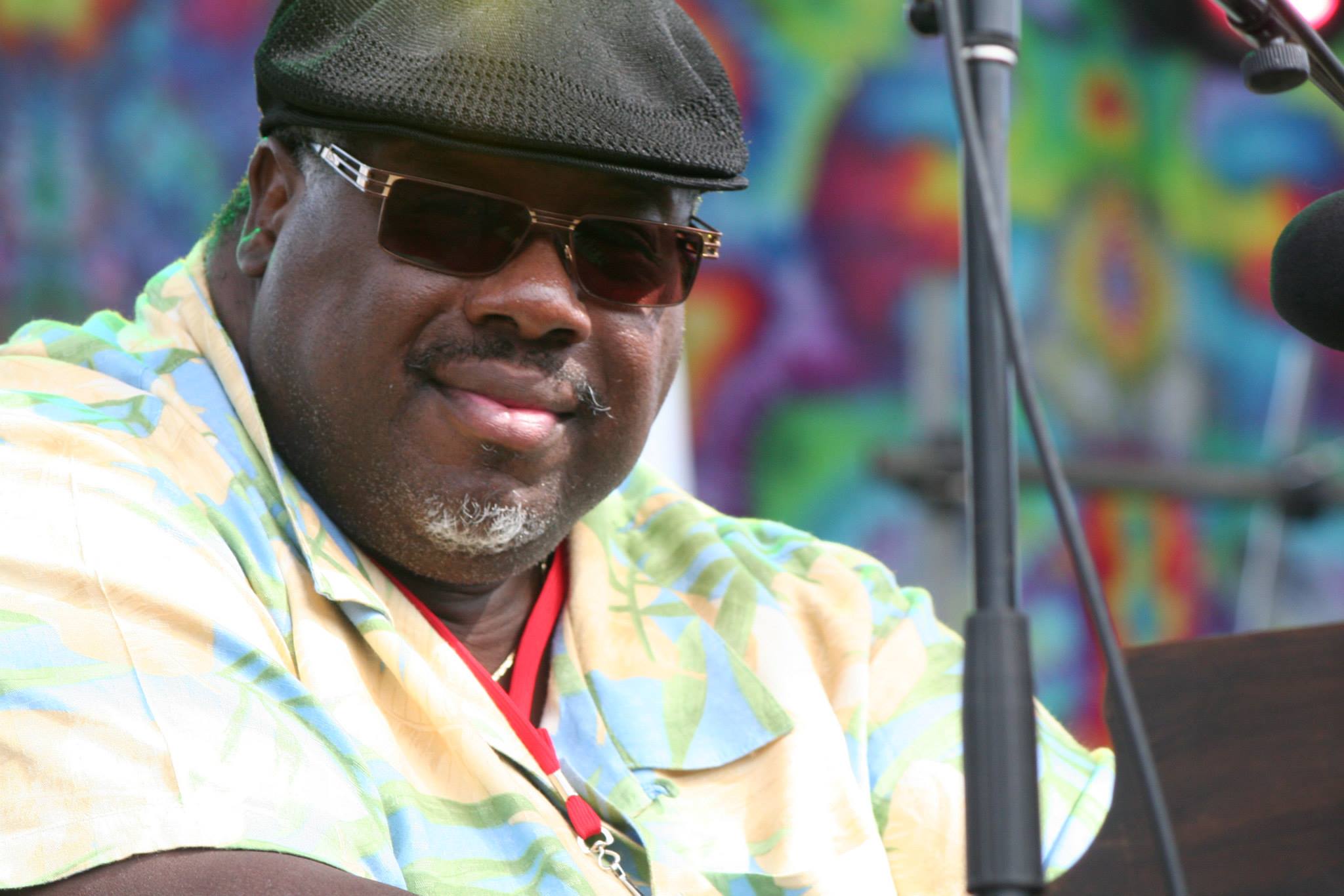Music legend Ornette Coleman received an honorary doctorate of music from the University of Michigan in Ann Arbor. The Department of Jazz and Contemporary Improvisation of the School of Music, Theatre and Dance congratulates Mr. Coleman on this great honor, his 80th birthday, and for being one of the most important musicians and innovators of the twentieth and twenty-first centuries. The event also included a commencement address by President Barack Obama.
THE OFFICIAL CEREMONY TEXT
“Mr. Coleman, your performances and your path-breaking theories of jazz and music have transformed how musicians play and what listeners hear. Your self-taught musical education blossomed into a radically novel sound, giving the world musical styles it had never heard before. In your long career of ongoing creativity, you have played a vital role in preserving and enhancing America’s cultural legacy, and you have cultivated the talent of the future. The University of Michigan is proud to present you with the honorary degree, Doctor of Music.”
MORE ABOUT ORNETTE COLEMAN
Ornette Coleman is a leading composer and performer of jazz, whose remarkable artistry is admired around the world. Born in Fort Worth, Texas, in 1930, he taught himself how to play the saxophone and had formed his first band by the age of fourteen. After touring with a traveling ensemble, he moved to Los Angeles and began to teach himself music theory while working as an elevator operator. During this period, he performed with a rehearsal ensemble that allowed him to experiment with the new theoretical concepts he was developing. The result of his self-study was a new freedom in jazz performance that has been described as a radically new concept and style that originated from his musical intuition, combining southwestern country blues and his own highly personal interpretations of music theory. The compositional voice that Mr. Coleman developed in the 1950s would remain his trademark style and sound throughout his career. The first of his many influential albums was recorded in 1958, released under the title Something Else, which launched him as a major innovator of jazz, leading to many more albums and a famous breakthrough engagement at the Five Spot Café in New York City, where he moved permanently. His music, freed from the conventions of harmony, rhythm, and melody, both polarized and transformed the jazz community, and he devoted decades to understanding and discovering the shape of not just jazz, but all music to come. At the core of his music is his theory of Harmolodics, which addresses the question of the sound and performance of music beyond the melody. Beyond the twenty albums he released in the 1960s, Mr. Coleman also began to write string quartets, woodwind quintets, and symphonies based on his pioneering theories of musical composition. His remarkable contributions to music have been recognized by a multitude of honors, including several honorary degrees, appointment as a MacArthur Foundation Fellow, induction into the American Academy of Arts and Letters, and the presentation of the prestigious Praemium Imperiale Award of the Japanese government. In 2007 he was honored with a Grammy Lifetime Achievement Award, and won the Pulitzer Prize in Music in 2007 for his album Sound Grammar. In 2009 he became the 16th musician in history to be presented with the Miles Davis Award, in recognition for his regeneration of the jazz idiom. His recent 80th birthday in March was marked with a variety of tributes, from articles, to concerts, to all-day broadcasts of his music.






















